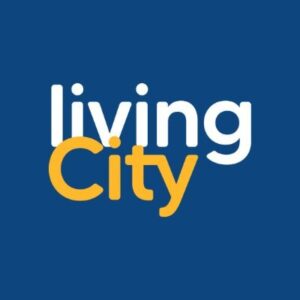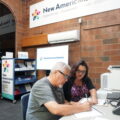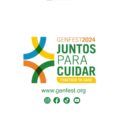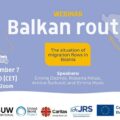
Workshop
Libertad means Freedom: assisting asylum seekers at Hartsfield-Jackson Atlanta International Airport
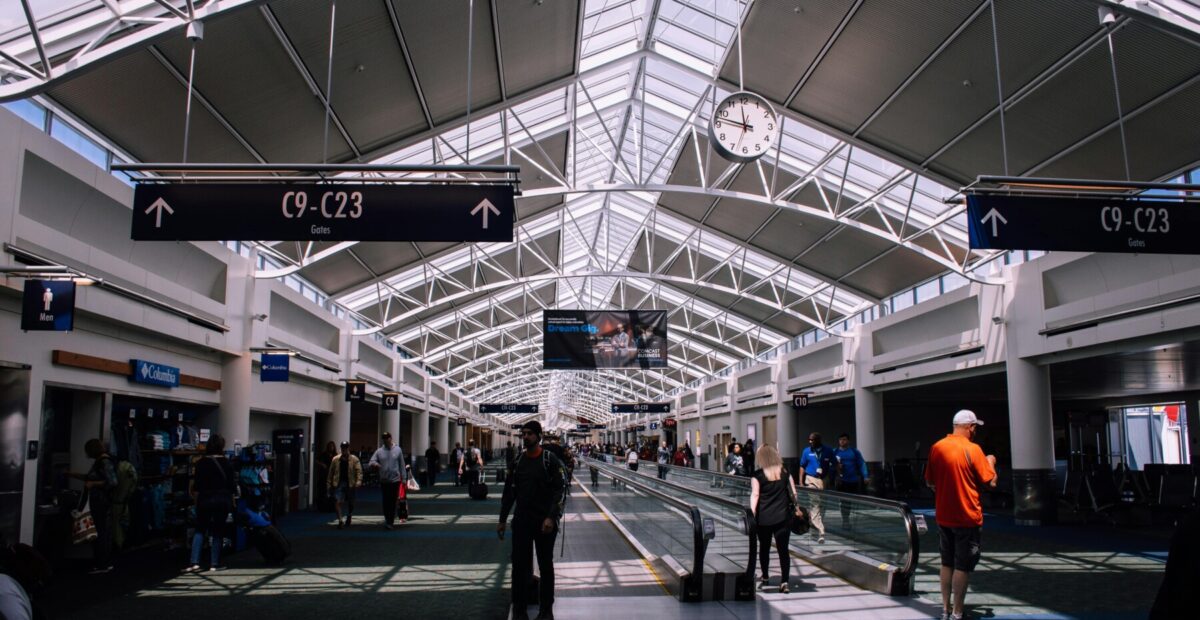
Article written by Fer Mucchiut for LIVING CITY MAGAZINE | January-February 2025 edition
Despite the trauma they have experienced, refugees and migrants find comfort in the support of Team Libertad, a volunteer organisation that provides them with tools and resources to reunite with loved ones and rebuild their lives.
“You don’t understand me” are the striking words and tone of voice of this young man from Egypt, looking me directly in the eye. He’s speaking broken English, but enough to make himself understood. Still, he seems to know he is not able to convey his experience fully, even if his English were fluent. And he’s right. I don’t think I understand.
He was one of the twenty-nine men arriving at the Atlanta airport that day, dropped off by officers of Stewart Detention Center (SDC), a privately-owned, medium-security prison in Lumpkin, Georgia. I was there as a volunteer with a non-profit organization that assists and helps guide these travelers to their destinations.
These “releases” happen daily, varying only in the number of people.
Men and women, coming from countries all over the world, cross the Mexico-U.S. border, hoping for a better alternative to their current lives. Some are unaware of what the journey they embarked on would be like, or what their options might be, once they cross; others did their research, and calculated their risks, and still decided to take them.
Many come with the intention of seeking asylum, bringing with them proof of persecution and violence. Others, after months of being detained and maybe held from access to information or communication with their loved ones, end up applying for asylum, even without fully understanding the conditions and consequences of this status. They’re offered this solution as their only option, so they take it, though once they’re released, they realize what this means: they don’t have their passports, and their chances to be able to remain “legally” in this country involves a lot of money and access to legal representation.
So, what now? Their conditional release has been finally approved while they wait for their case to be processed. They can reach out to friends and family, if they have them. They repeat what SDC has told them: “I need a ticket from the Atlanta airport for tomorrow.”
Some of these people are lucky and have someone who buys their ticket right away. Others have people desperate to reunite with them, but who need a few days to gather the money. Others try reaching out to whomever they know in the U.S., even if through desperate Facebook searches for old friends. But it’s been way too long without keeping in touch, so at times their contacts are no longer valid, or their friends are no longer able to help them.
It doesn’t matter. SDC officers will drop them off at the airport, whether these people have a ticket or not. Team Libertad, the volunteer-based organization that I’m with, was founded in 2022, in response to the lack of resources and assistance that these people seeking asylum were left with, once released and dropped there.
Somehow, with less than twenty-four hours’ notice, these daily releases always seem to find our Team Libertad staff and volunteers at the airport. Volunteers carry cards in several languages that explain who they are, ready to help each person to sort whatever difficulties they have, in order to get to their destinations, or to facilitate access to temporary housing space.
My young friend from Egypt comes out of the van quite excited, asking “I’m free?” before I can even begin the welcome speech. I smile, “Yes, friend, you’re free!” He claps and laughs out loud, giving high-fives to everyone. He tells me that his phone is broken. I reassure him that we have phones they can borrow.
We offer pizza, water, phone chargers, hygiene kits, backpacks, and shoelaces (SDC takes theirs when they are detained).
All the volunteers get busy helping people. I get involved helping a man from Mauritania, but communication becomes really difficult. His French is not picking up in my Google translator app, and no one around seems to speak his language. I call a friend of mine, hoping he might help me translate. He tries, and we make progress, but I realize it’s not only a language barrier; there’s a trust barrier.
They tell us about the shouting they were exposed to at the Detention Centers, the lack of sunlight and fresh air they experienced, the lack of dignity with which they were addressed. I don’t blame my new friend for his lack of trust, and I start feeling frustrated at the inability to help him as I would like to.
A man from El Salvador seems lost, while everyone is busy trying to call family and friends. I turn to walk to him, and he tells me he cannot talk to his family because he doesn’t remember the passcode to unlock his phone. I’ve seen this before in some others: too many months without accessing their phones, it’s easy to forget. I suggest he tries things he usually uses for passcodes. He looks at me, troubled: “They had me inside there twenty-one months, always indoors, and shouting… Everything’s a blur right now.”
All through this, my young Egyptian friend has been sitting next to us, waiting patiently to talk with me. He already has a ticket to meet a friend in Tennessee, and his flight is leaving in a few hours. He’s “all set,” but seems worried.
Even if we’re not really done with my new friend from Mauritania, I turn to the Egyptian friend, ready again to listen. “My phone is no good. Look. Broke. I have no phone, no money. I need a phone,” he tells me. I try explaining that we don’t have new phones to give away, but he insists. I try speaking slowly, repeating myself, but he interrupts me, in an outburst of frustration, “You don’t understand me! Not talked to my family for long time, not talked, four months! I need a phone! They shouted, they treated me like—rubbish. I’m tired, I’m very tired.” He had just tried to contact his family from the borrowed phone, but no answer. He was leaving soon, and the person receiving him in Tennessee had already told him he could only buy his ticket—but then there was no more money for him.
We looked at each other, our eyes full of tears. “You’re right,” I said, “I don’t understand all that you’ve gone through, and I am sorry for that. I am sorry for all the things that you’ve gone through in these months.” We stared at each other for a silent moment. He smiled, nodded, and wiped his tears. So did I. We shared a long handshake, and in my silent look I tried to say, Thank you for helping me understand you a bit more.
As some volunteers get ready to accompany a group of the men through security, someone calls the phone available for the released men to borrow. I recognize the name: it’s someone calling back for my Egyptian friend! I run to him. He laughs, and cries, and talks, and moves around. The anguish is over, his joy is exuberant. I too laugh and cry, and explain to the volunteers about his very important call, so that he can continue talking all the way to his gate, when he will need to return the borrowed phone. Still smiling, he waves at us enthusiastically as he takes the escalator. His desperation had forced me to let go of my pragmatism about what’s possible and what’s not, and simply try to understand him, even if I could not solve his problem. I’m thankful for that.
I do not know if he made it to Tennessee, nor what happened to him after that. His frustration and his joy still accompany me. What we could do to help him is clearly not enough, but we could look each other in the eye and be changed by that.
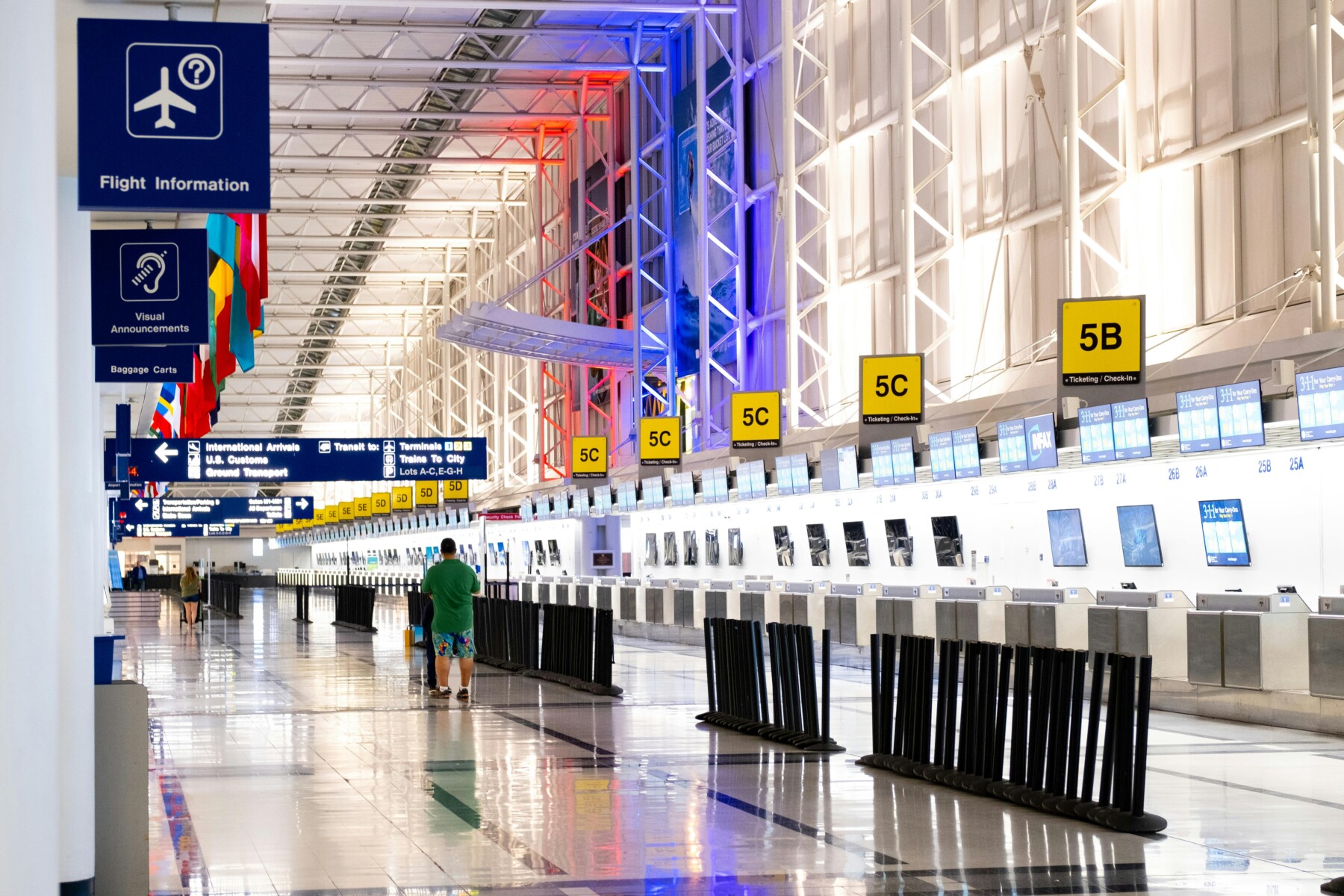
Fer Mucchiut is a consecrated member of the Work of Mary who lives in a Focolare community in Atlanta. She currently works in children and youth ministry at a Catholic church, and through this ministry, collaborates within a network of local organizations that provide assistance for migrants. Team Libertad is one of the programs supported by Inspiritus, a nonprofit 501(c)(3) organization that provides services for Refugees and Asylum Seekers in Georgia, Tennessee and Alabama.
Continue reading on: